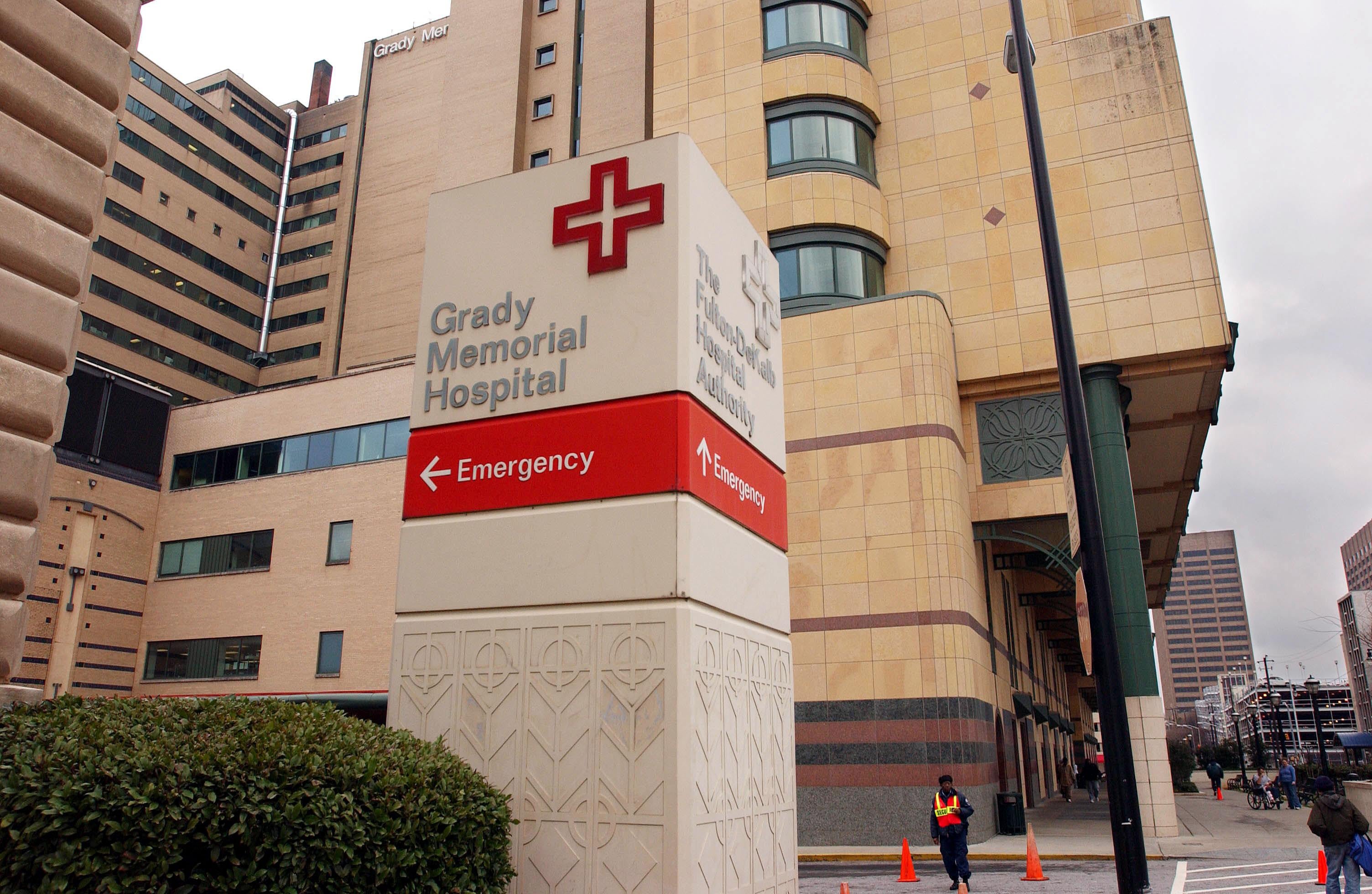This comes up as a subplot in Steven Brill’s magnum opus on hospital pricing, but it’s worth directly noting that one staple of the lobbying around Medicare provider payments is hospitals’ whining that they lose money treating Medicare patients due to the stingy reimbursement rates. As Brill notes, this is a very dubious contention both in theory and in practice.
But to understand some of the nuance of this, it’s worth revisiting my analogy between hospital pricing and hotel pricing. Imagine a Caribbean resort in a competitive market. It’s going to want to adopt a seasonal pricing strategy, where room fees are higher in the winter when demand is higher and lower in the summer when demand is lower. It’s also going to have a cost structure. Now if you parcel out the annual costs of running the resort and compare them to the revenues that come in on a month-by-month basis, it’s going to look like the resort “loses money” on its off-peak clients. In other words, many guests are going to pay a fee that is below the resort’s average costs per guest. You see the same thing on an airplane. On any given flight, many of the passengers paid less for their tickets than the average price-by-passenger of operating the flight.
Why would anyone sell services on those terms? Well, it’s simple. My ticket price may be lower than the average cost-per-passenger of flying the plane, but the plane wouldn’t be much cheaper to fly if I wasn’t on it. A half-empty flight costs almost as much to fly as a full one, so once you’re committed to flying the plane you want to do whatever it takes to fill it up. The resort is the same. You already bought the land and built the buildings. You need to pay the taxes and do the maintainence. The high-price peak season is where you make your profits, but it’s worth wrangling extra revenue out of the offseason too.
By the same token, there are a lot of fixed costs associated with running a hospital. Once you have the MRI machine, you might as well use it.
But just as it’s a fallacy to say the resort is “losing money” on its off-peak customers, it’s also a fallacy to imply that you could force the resort to charge everyone the off-peak price with no adverse consequences. The off-peak price is available in part because investors want to build resorts in order to reap the peak season windfalls. If you reduce the windfalls, you’ll get less investment in the resort sector and there will be less overall capacity for Caribbean resort vacations. That’s also the downside to using all-payer rate setting to bring down health care prices. If being a health care provider becomes less lucrative, there will be less health-care system capacity. People should take that objection seriously. But it’s important to see that it’s a downside to any method of reducing health care “costs” (i.e., spending). The health care sector attracts a lot of investment because there’s a lot of revenue associated with it. One man’s expense is another man’s income, and if you want to reduce the expense of health care you have to reduce the aggregate income of the health care sector, and that’s going to mean less capacity.
